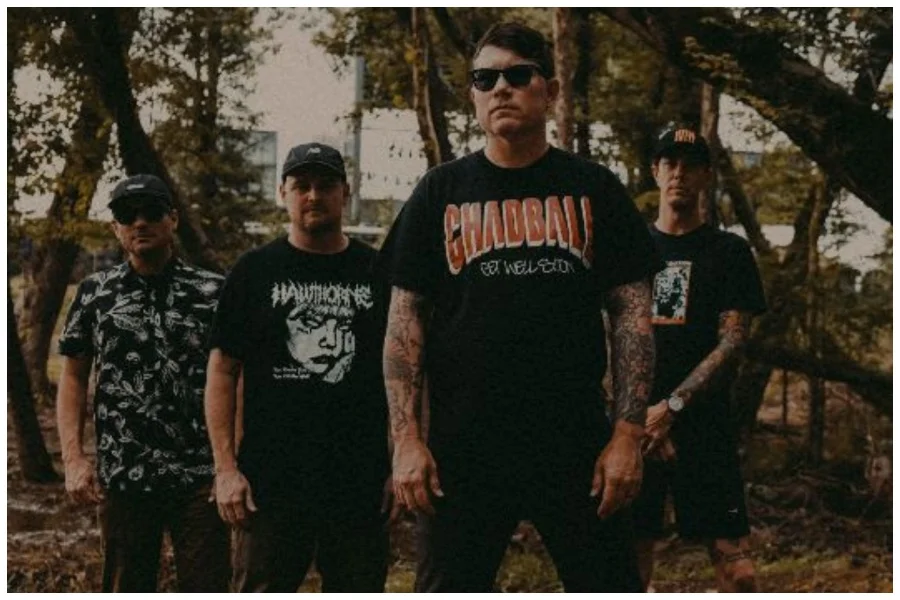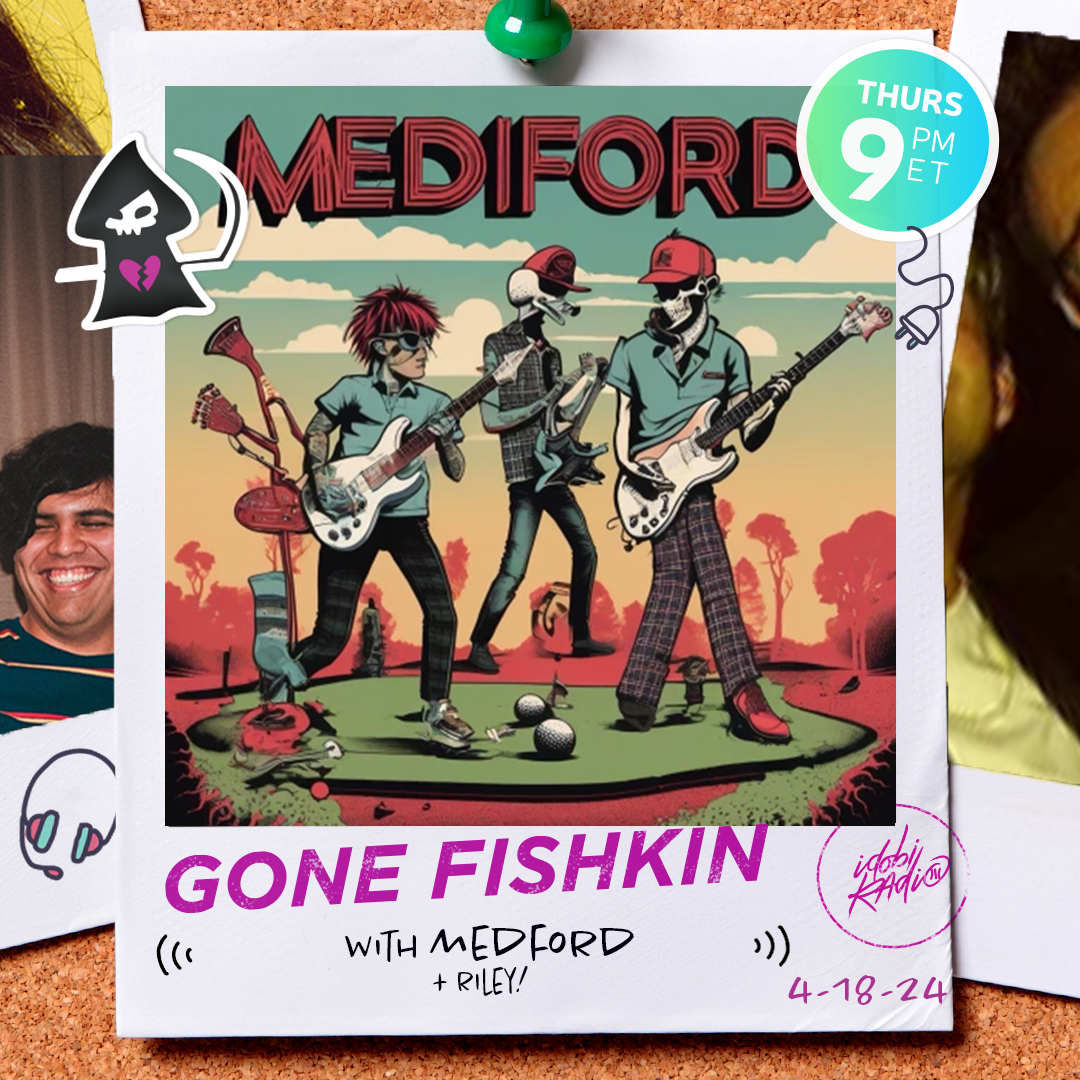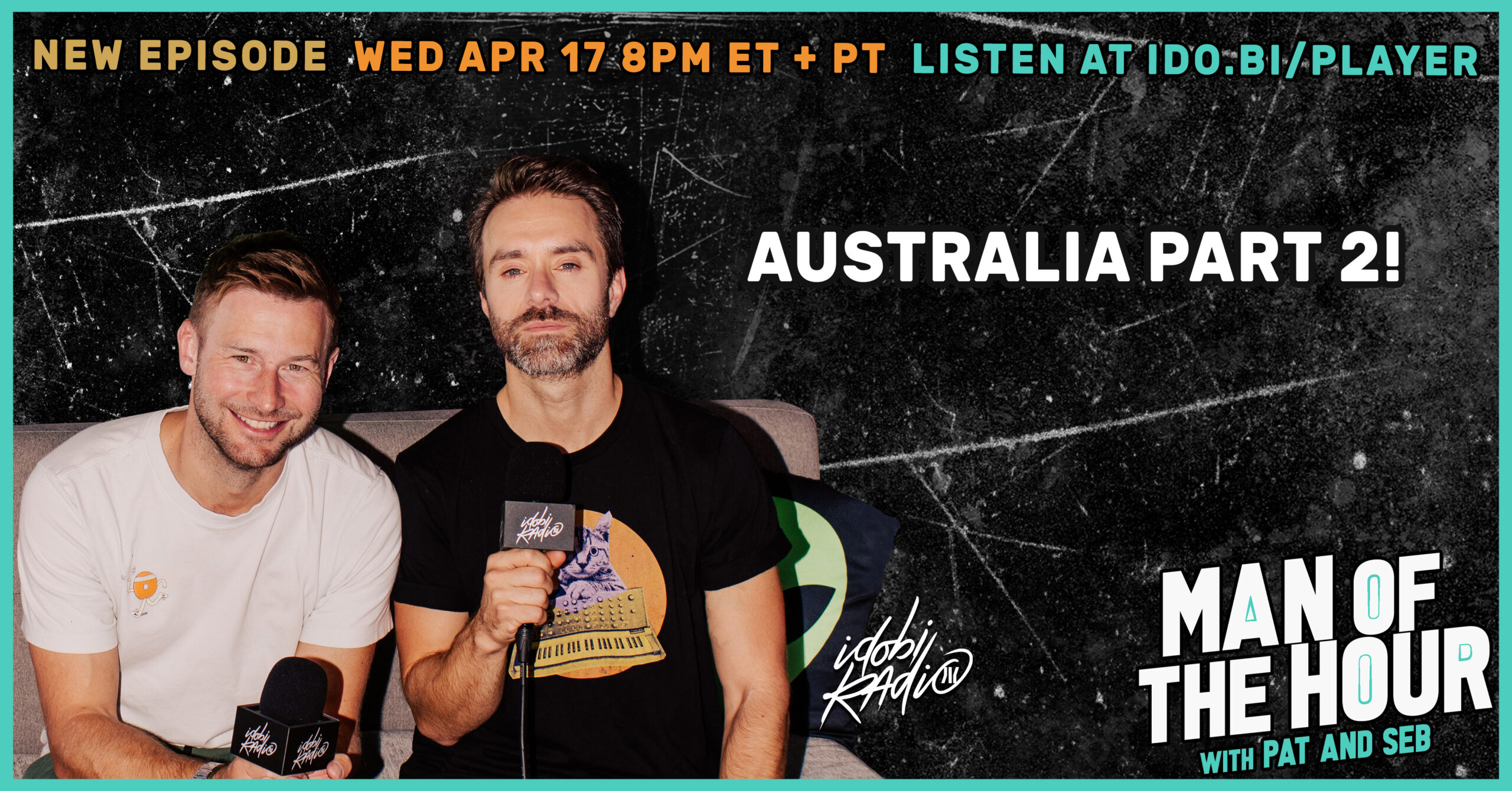British rock band the Cure mounted a farewell tour last year to promote what it billed as its last album, and had such a blast playing for more than half a million people in North America and Europe that it now hopes to return to the road in 2002.
Retirement at age 42 just never suited the Cure’s leader, singer/guitarist Robert Smith, whose gloomy songs about death and despair have transfixed fans since the Cure released its first single in 1978.
“The swan song was actually me… saying the group’s going to end,” Smith told Reuters in a recent interview. “It can go on for as long as it wants now.”
Indeed, he had been threatening to end the Cure since 1987, long before it reached its stadium-friendly peak with the 1992 “Wish” album. Then, as sales and output declined, he began to consider the Cure franchise a hindrance to reaching a wider audience. Last year’s tour made him realize he should keep the Cure alive for hard-core fans.
Now somewhat energized, Smith spent the first third of 2001 starting work on a solo album, the middle third recording with the Cure, and he has just released a Cure best-of album that fulfills his contractual obligations with London-based Fiction Records.
The “Greatest Hits” album features 16 Cure nuggets on one CD, as well as two brand new tunes, “Cut Here” and “Just Say Yes.” A bonus CD offers acoustic versions of those 18 tracks, recorded along with the new pair this past summer.
MERELY “PLEASANT RHYMES”
Even though Smith had the final word on the track listing, he considers the songs a poor representation of what the Cure stands for, since he primarily opted for commercially successful tunes. Ideally, he would not have included such early ditties as “Let’s Go To Bed” and “The Lovecats.”
“Lyrically it’s pretty poor, the greatest hits. To me, it’s simply some pleasant rhymes,” he said. “It’s not really bursting with ideas.”
Smith was surprised that Fiction approved “Cut Here” for release as a single. It deals with the 1997 suicide of Billy Mackenzie, vocalist with the Associates, which also recorded at Fiction. “It’s not the usual pap that gets played on the radio,” he noted.
He would prefer to be remembered for the group’s dark songs, the ones that inspire Cure fans to dress in black and sport deathly face makeup like their idol. Two of the group’s three bleakest albums, “Pornography” (1982) and last year’s supposed swan song “Bloodflowers,” are not represented at all,while “Disintegration” (1989) accounts for two of the tracks.
“I think there should be a companion not-greatest hits, really,” he said.
The group’s first single, the oft-misinterpreted “Killing An Arab,” did not make the cut either, not because of post-Sept. 11 sensitivities but because Smith does not consider the existentialist tune to be very important.
While Smith has not made any concrete plans, “We’ve got a tentative idea of how things might happen next year, which will include some festivals in the summer. But everything changes with us.”
The Cure’s lineup changed every few albums. He expects the personnel to be the same as it was for “Greatest Hits,” “Bloodflowers” and its 1996 predecessor “Wild Mood Swings” – Simon Gallup (bass) Perry Bamonte (guitar), Roger O’Donnell (keyboards) and Jason Cooper (drums).
FREE AGENT
Some things will be different: Smith is reveling as a free agent and has no desire to sign another deal, having been signed to Fiction since he left high school some 23 years ago. (Fiction had a web of licensing deals outside Britain, including Elektra in the United States).
In recent years he had become increasingly disillusioned with Fiction: it was acting more like a faceless major label than a small independent one but with none of the associated marketing and distribution clout that big companies offer.
“It’s not me being bitter,” he said. “I actually don’t mind. If we’re not going to be played on TV or get played on radio very much, there’s nothing I can do about it. I don’t mind.
“But I don’t see why I should be handing over a huge amount of control and money to a bunch of people who aren’t really doing anything to help me.”
Attempts to seek comment from Fiction via an Elektra spokeswoman were unsuccessful.
In the future, Smith hopes to make Cure music like he did in the old days: record singles and EP’s one month and release them the next, rather than spend six months making an album and then wait another six months for it to come out.
This guerrilla strategy will hopefully mean fewer bureaucratic hurdles.
“The crux of it for me is I’m in my 40s now and I found I was having to go to people who are in their 30s to ask their permission to do things, and that cannot be right. That’s why I wanted out! It’s just an age thing.”
But what happens when he’s 60 and dealing with thirtysomething executives?
“I won’t be,” he groans. “Please don’t tell me that I will.”





























